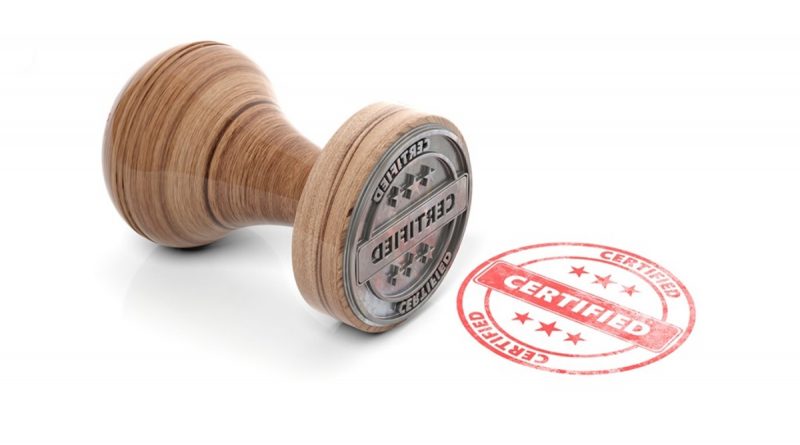Immigration to Canada: What is Certified Translation
When applying for immigration or permanent residence, you may be asked to provide certified translations of your official documents into English or French – Canada’s two official languages.
If you apply to immigrate to Canada, you will be asked to submit supporting documents with your application – for example, your birth certificate, marriage certificate, criminal record, or education credentials.
This applies to applications for permanent residence through Express Entry, as well as applications for work permits or family sponsorships, among many other immigration pathways.
If your documents are in a language other than English or French, they must be accompanied by an official translation of the original document in English or French. The translation will have to include any seals and signatures and all elements appearing on the original document to be considered complete. The translation will also have to bear the name and signature of the translator.
What are the requirements for supporting documents that are not in English or French?
You will need to submit translations of your supporting documents if they are not in one of Canada’s official languages, and they will have to meet the requirements of Immigration, Refugees and Citizenship Canada or your application may be rejected.
When you submit documents in a language other than English or French, you must provide :
- a complete certified translation of the original document or of a certified copy of the original;
- the original document in the foreign language or a certified copy of the original document. When a certified copy of the original document is submitted, the translator must stamp both the certified copy and the translation.
If a translation cannot be provided by a certified translator, it must be accompanied by an affidavit and the original document.
You will be responsible for the cost of translations.
If, however, your documents are already in English or French they do not need to be translated, even if they are not in the language in which the application was completed. For example, if you complete your application in French, you can submit your supporting documents in English.
Affidavit: A document becomes an affidavit when a person signs the document, in the presence of an authorized person, after taking an oath that what the document says is true and accurate. An affidavit is often used in order to verify that a translation of a document accurately reflects what is stated in the original language of the document.
Who is a certified translator?
A certified translator is a person who is a member in good standing of an organization of professional translators and interpreters in Canada or abroad. A translator’s certification may be confirmed by a seal or stamp indicating his or her membership number in the professional association with which they are affiliated.
For translation in Canada, you will need to use the services of a translator who is authorized to translate documents and is in good standing with his or her provincial or territorial agency. Here are some examples:
- Ordre des traducteurs, terminologues et interprètes agréés du Québec (OTTIAQ)
- Association of Translators and Interpreters of Ontario (ATIO)
- Society of Translators and Interpreters of British Columbia (STIBC)
If, however, you are using the services of a translator outside of Canada, you must make sure that the person you are hiring is officially recognized or authorized to work as a certified translator in the country where the translation is being done.
Your translations must not be done by:
- yourself;
- a member of your family;
- your immigration representative or consultant;
- a member of your family who is a lawyer, notary, or translator is also not allowed to translate your documents.
What happens if I don’t submit translations for my documents?
Submitting documents without a translation will cost you time and money.
When IRCC receives an application that includes documents that should be accompanied by a translation but are not, you will be asked to provide it. You will also have to resubmit your application with the original documents and the corresponding certified translations.



